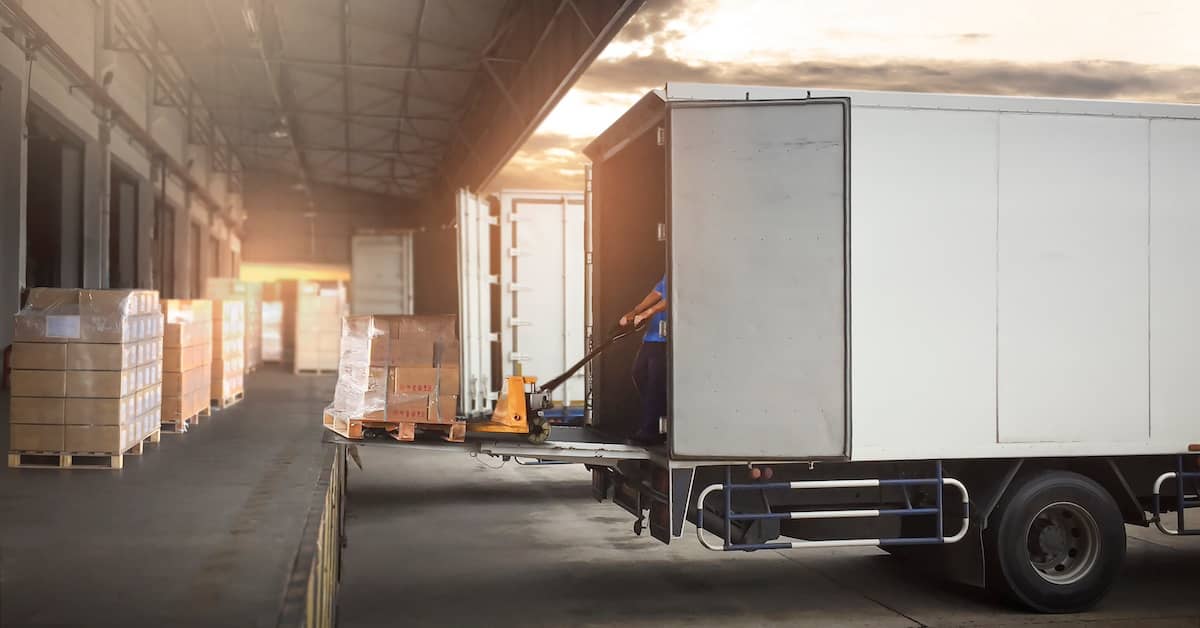
An overloaded truck accident is incredibly serious and dangerous. Excess weight puts a strain on the brakes, tires, and overall structure, making the truck much more likely to crash. It also increases the chances of cargo spilling out onto the road. All of these issues pose a significant safety risk.
Truck drivers and trucking companies are required to follow strict regulations for how heavy their vehicles can be. Federal regulations impose a weight limit of 80,000 pounds for vehicles on the Interstate System and the National Network of roads. There are also state limits, which in West Virginia’s case closely mirror federal regulations.
These regulations are put in place to protect people on the road, as well as the roads they drive on. Unfortunately, truckers, trucking companies, and other parties often break the rules. Such decisions can lead to a devastating overloaded truck accident.
If you have been injured in a truck accident, Colombo Law’s West Virginia truck accident lawyers will do everything they can to recover the maximum compensation you deserve for your damages. Call us today at 304-599-4229 for a FREE case review.
What Happens When a Truck Is Overloaded?
From a federal perspective, the primary reason cited for truck weight regulations is to limit the wear and tear on interstate highways. A report by the U.S. Government Accountability Office states that “a five-axle, tractor-trailer loaded to the 80,000-pound Federal limit, has the same impact on an interstate highway as 9,600 automobiles.”
However, this is far from the only issue caused by overloaded trucks. The heavier a truck’s cargo is, the more stress it puts on the vehicle. Greater stress can result in tire blowouts and overheating, potentially resulting in an accident.
Excess weight can also affect a truck’s steering, maneuverability, acceleration, and braking distance. All of these factors can lead to extremely dangerous situations where a driver may easily misjudge how much distance it will take to bring an overloaded truck to a stop. Overloaded trucks are also more likely to roll over and cause bridges to collapse, both of which can pose a serious threat to other drivers on the road.
Read More: Why Do Truck Drivers Get Into Accidents?
Accidents involving an overloaded truck are likely to be very serious. The average car weighs about 4,000 pounds, meaning a fully loaded truck is 20 times heavier. In the event of an overloaded truck accident, people in the vicinity of the truck—rather than the truck driver—are the ones who are most in danger.
What Are the Signs That a Truck Is Overloaded?
While it can be difficult to tell if a truck is overloaded, there are some signs to watch out for that may signal that an 18-wheeler is carrying too much cargo. For example, if the truck bed is sagging in the rear of the truck, it could indicate that the frame is bowing under the cargo weight.
Overloaded trucks may also bounce up and down more than a properly loaded truck and seem difficult to control. If you notice a truck taking longer than usual to come to a complete stop or if the driver seems less in control than he or she should be, assume that the truck is overloaded and keep your distance.
Liable Parties in an Overloaded Truck Accident Claim
If you have been injured in a truck accident that was at least partly caused by the truck being overloaded, one of the first steps is establishing who was responsible. This, ultimately, will determine who is liable for the damages you sustained in the accident, including medical bills, lost wages, pain and suffering, etc.
Several parties could be fully or partially liable for the accident:
The Driver of the Truck
Drivers are generally responsible for keeping their trucks under maximum weights. They are required to stop at all weigh stations along their route. If they avoid these weigh stations or do not adequately remediate an overloaded truck, they could be held liable for the accident.
Read More: Are Truck Drivers Liable for Accidents?
The Trucking Company
Even if a driver knew their truck was overloaded, they may not be the only party held liable for the damages caused by the truck. For example, if it is discovered that the trucking company responsible for the shipments routinely pressured their drivers to ignore weight limits, they could share in the responsibility for the accident.
The Shipper
Shippers and loading companies can also be responsible for an overloaded truck accident. Failure to follow regulations concerning weight limits and the distribution of weight on the axles may cause the truck to crash. If these factors contributed to the accident, the shipper could be held liable for an accident caused by the excess weight.
Third-Party Mechanics and Maintenance Providers
While it may seem like an accident was caused by an overloaded truck, further investigation may show that the accident was caused—in whole or in part—by faulty maintenance. If a mechanic or service provider fails to inspect or install a truck’s brake pads, for example, and the worn pads contributed to the accident, the mechanic or company may be liable for the subsequent damages.
Read More: What If an Accident Was Caused by Mechanical Failure?
Get Help with Your Truck Accident Case
Determining liability and pursuing compensation for an overloaded truck accident can be a daunting process. Working with a truck accident lawyer to investigate the accident, calculate damages, negotiate with insurance companies, and—if necessary—represent you at trial can be a crucial step in obtaining the compensation you need and deserve.
At Colombo Law, fighting for the rights of truck accident victims is our primary focus. We have recovered millions of dollars in compensation for our clients, and we are here to help you now.
Our truck accident injury attorneys serve clients in Morgantown and throughout West Virginia. Contact Colombo Law today for a FREE consultation.










